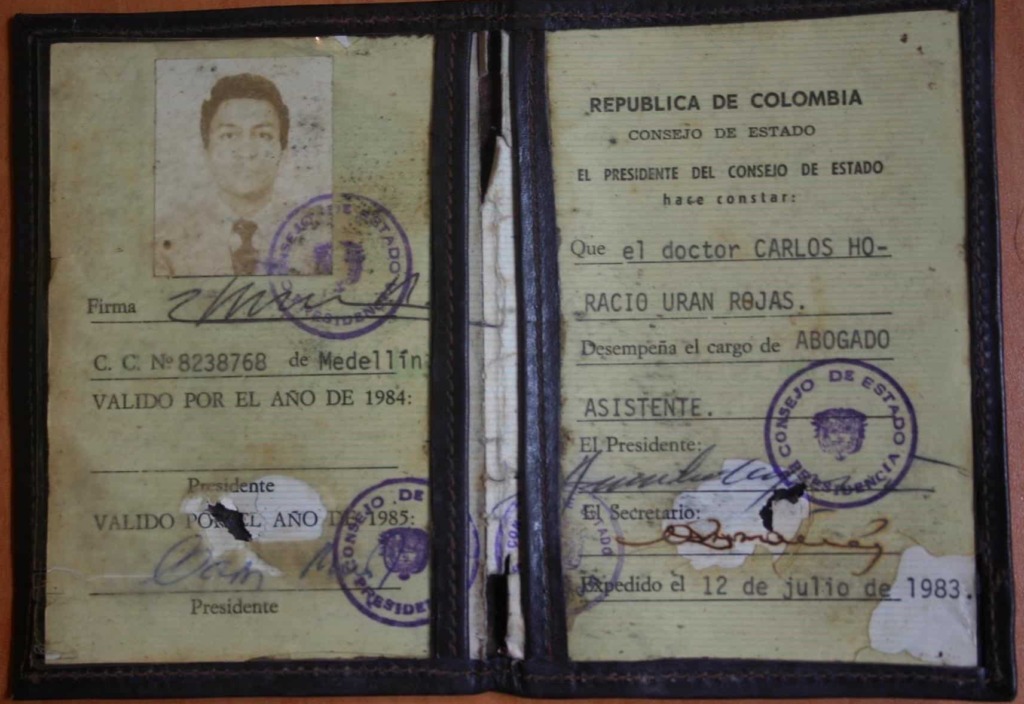Exhausting Remedies Under the TVPA
In 1992, Congress passed the Torture Victim Protection Act (TVPA) to create an express cause of action against individuals who, under color of foreign law, commit torture or extrajudicial killing. The TVPA has an exhaustion provision requiring courts to dismiss claims under the provision “if the claimant has not exhausted adequate and available remedies in…
Continue ReadingChiquita Liable for Financing Colombian Paramilitary Death Squads
In a win for international human rights advocacy, a Florida jury has found a U.S. corporation liable for human rights violations committed in a foreign country. This first of three “bellwether” trials involved nine cases. Hundreds remain to be tried in this multidistrict litigation. The jury’s verdict is the latest development in a civil case…
Continue ReadingFifth Circuit Applies Act of State Doctrine in Holocaust Art Case
Does the act of state doctrine apply to mistakes? On May 29, 2024, the Fifth Circuit held in Emden v. Museum of Fine Arts, Houston that the doctrine bars a claim for return of a painting that the Dutch government gave to the wrong person after World War II. There were several copies of this…
Continue ReadingGanpat’s Saga Continues
Regular TLB readers may recall the tragic story of Kholkar Vishveshwar Ganpat, an Indian citizen and merchant seaman who lost his toes to malaria, allegedly because his ship failed to stock sufficient antimalarial medicine when it docked at Savannah, Georgia. In 2018, Ganpat sued the ship’s operator, Singapore-based Eastern Pacific Shipping (EPS), in federal district…
Continue ReadingVictims of Hamas Bring Suit Related to Campus Protests
Victims of the October 7, 2023, attacks by Hamas have sued two U.S. organizations for violating of Anti-Terrorism Act and the Alien Tort Statute. The nine plaintiffs – U.S. and Israeli citizens – allege that defendants serve as a “propaganda machine,” one that intimidates and recruits “impressionable college students to serve as foot soldiers for…
Continue ReadingFourth Circuit Applies Recent Supreme Court Decision on RICO Injuries
In Percival Partners Ltd. v. Nduom, the Fourth Circuit (Judge Harris, joined by Judge Thacker and Judge Richardson) applied last Term’s decision in Yegiazaryan v. Smagin (2023) to conclude that the plaintiffs’ alleged RICO injury was impermissibly extraterritorial. In an analysis that embraced Yegiazaryan’s contextual approach to siting RICO injuries, the Fourth Circuit held that…
Continue ReadingSecond Circuit Denies Rehearing En Banc in Fuld v. PLO
Last week, the Second Circuit denied rehearing en banc in Fuld v. Palestinian Liberation Organization, an important personal jurisdiction decision that TLB has previously covered here, here, and here. The denial prompted a dissent by Judge Steven Menashi, joined in whole or in part by three other judges, which in turn prompted a concurrence by…
Continue ReadingThe Challenges of Suing Under JASTA
Foreign states may be sued in the United States only to the extent permitted by the Foreign Sovereign Immunities Act (FSIA). Over the years, Congress has amended the statute to create several exceptions to immunity for terrorism-related lawsuits, especially for those brought against states designated as “state sponsors of terrorism.” But only a very small…
Continue ReadingSecond Circuit Allows Securities Claims Against Crypto-Asset Exchange
In Morrison v. National Australia Bank (2010), the U.S. Supreme Court applied the presumption against extraterritoriality to § 10(b) of the Securities Exchange Act, holding that this provision applies only to transactions in the United States. Morrison’s transactional test has proven difficult to apply to unlisted securities that do not trade on an exchange. In…
Continue ReadingIt Is Harder Than It Looks to Sue State Sponsors of Terrorism
Rotem and Yoav Golan were injured in a 2015 terrorist attack in Israel when an assailant deliberately drove his car into a crowd of people. The Golans and their family sued Iran and Syria for various torts and for aiding and abetting a terrorist attack. Judge Trevor N. McFadden of the U.S. District Court for…
Continue Reading








